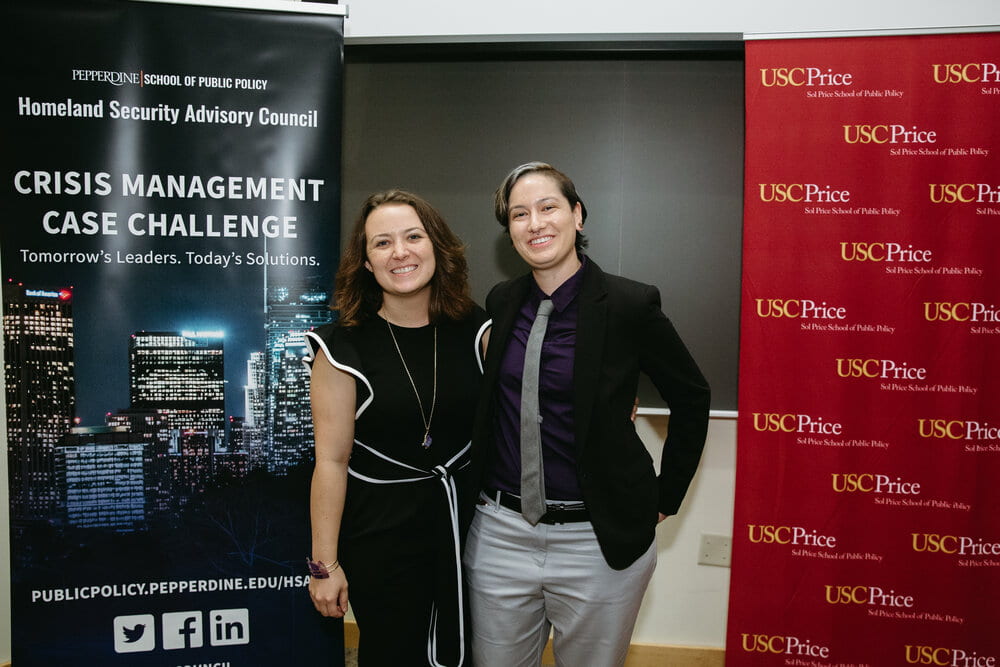
Chasidy Miles (M.R.P. ’21) is co-founder of the organization Homies for the Homeless, which aims to provide specialized consulting services for city governments and community agencies to assist their homeless populations. She and her co-founder, Yadira Gallegos, a student at California State University, Long Beach, began Homies for the Homeless in their home state of California, the state with the largest population of homeless people in the country. Approximately 130,000 people are experiencing homelessness in the state, according to the United States Interagency Council on Homelessness.
“Homies for the Homeless strives to create comprehensive, cost-effective, and restorative approaches to tackling complex crises,” Miles shared about the organization. “There are several obstacles posed by the chronic lack of affordable housing in regions across the United States, and there is no one-size-fits-all solution. Achieving progress will require a multi-disciplinary approach of research, regulation, inspired planning, and private-public partnerships.”
Since starting the organization last year, Miles and Gallegos have already begun to consult with different clients throughout the state of California. Notably, they prepared a report for the Los Angeles Homeless Services Authority and the Los Angeles County Department of Public Health, which focused on improving health outcomes for the homeless population in the city.
“We’ve felt very appreciative of the constructive feedback and advice we’ve received from the Los Angeles Homeless Service Authority and Los Angeles County Department of Public Health. There is so much to be learned from experts in the field and it has only strengthened our work with other communities.”
In November, the two participated in the Crisis Management Case Challenge, sponsored by the Homeland Security Advisory Council of the School of Public Policy at Pepperdine University. The challenge tasked teams of graduate students across the country to address the homeless public health crisis and deliver a product or policy implementation strategy to the panel of jurors. Miles and Gallegos placed second in the challenge.
“As a planning student, I often think of health in a spatial context. When the competition prompt requested that teams focus their recommendations on public health and policy-related interventions, it was challenging to consider recommendations other than housing. Our policy report incorporated the following measures:
- Leveraging 311 call data for more effective waste management placement and rat infestation detections.
- Investments in public restroom infrastructure, financial incentives for local businesses for restroom access, and employing homeless community members as bathroom attendants.
- Implementation of mobile health clinics to target areas and partnerships with Los Angeles Hospitals and Universities.”
Miles also expressed that she and Gallegos prioritized storytelling and incorporated photos of the Los Angeles homeless population throughout their presentation. They felt it was essential to detail the severity of the crisis without stripping the community of their narratives.
“When it comes to the homeless, we are so quick to judge or revel in our entitlement, because it spares us from the harder work of empathy and understanding. The reality is that any one of us can become homeless, and the problem hurts our economy, environment, healthcare and criminal justice systems, and fellow human beings. We must work together to restore the livelihoods of our neighbors and put an end to chronic homelessness.”